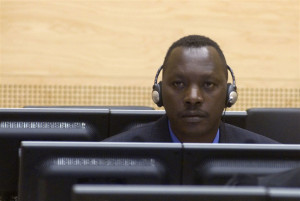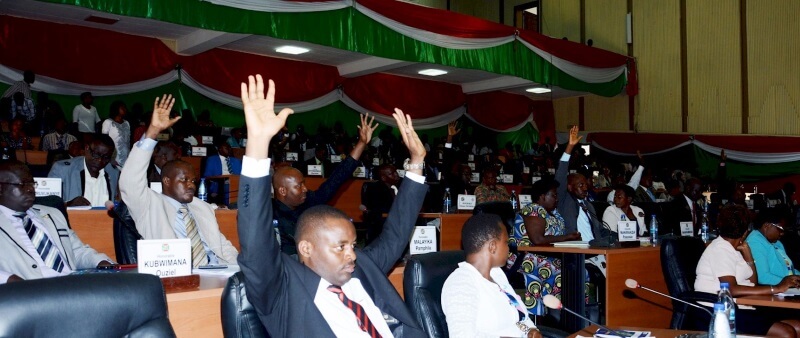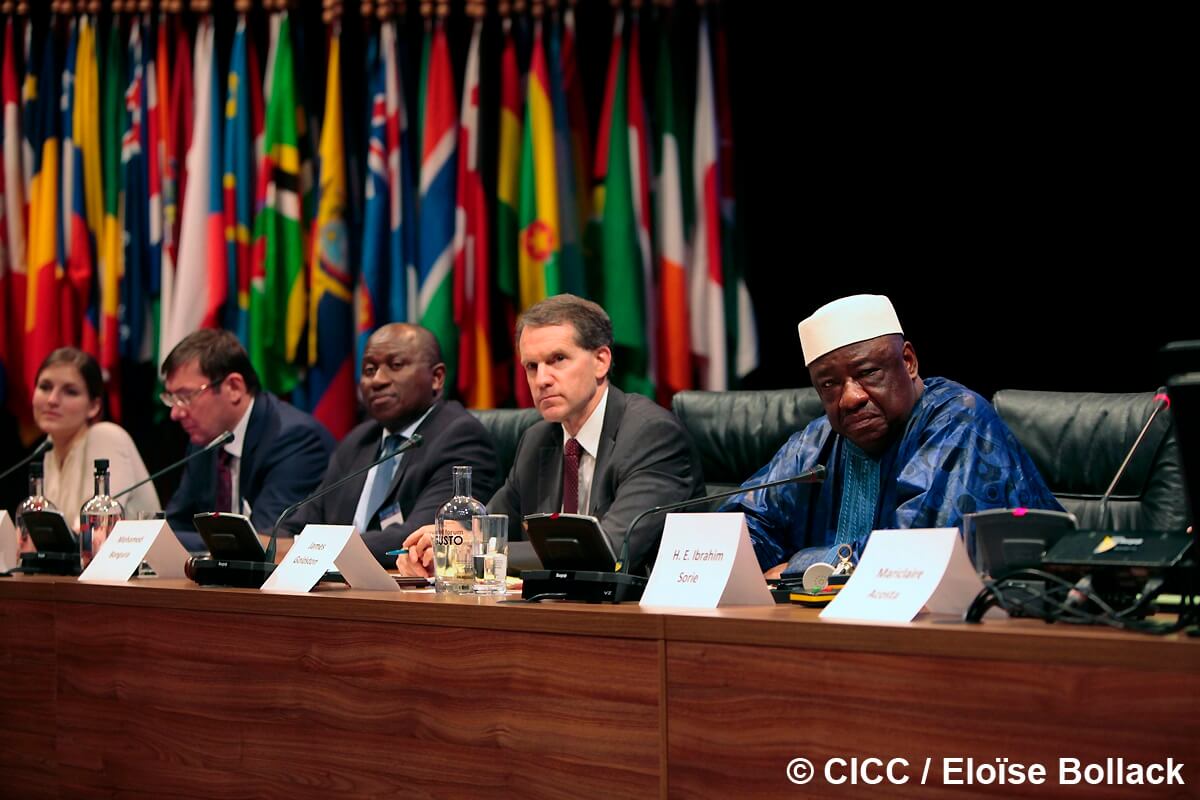
Thomas Lubanga Dyilo at his first appearance before the ICC in March 2006. Photo: ICC/Hans Hordijk
Since the creation of the International Criminal Court (ICC) in 2002, all 39 individuals indicted by the body have been Africans. The Court’s first judgment came in 2012 when it indicted Congolese rebel leader Thomas Lubanga Dyilo of war crimes related to using child soldiers. He was sentenced to 14 years imprisonment.
The ICC, a 124 member states which began functioning in 2002 was initially set up to convict individuals for international crimes like genocide, war crime or crime against humanity. However since its inception, all investigations made by the court have been against Africans, except one.
This growing repertoire of prosecuted Africans, and the non-indictment of individuals of non-african descent has led African governments to raise their voices against the International body.
THE EXCLUSION OF WORLD SUPER POWERS
Seven countries voted against the Roman Statute that brought the International Criminal Court to life. They were China, Iraq, Israel, Libya, Qatar, the United States, and Yemen. In addition, Russian President, Vladimir Putin withdrew Russia’s signature on the Rome Statute in 2016 while George Bush had withdrawn the United States from ratifying the Statute in 2002.
In a recent report by Reuters, Namibia’s president Hage Geingob said that the country would be willing to continue its membership at the ICC if and only if the United States joins the body. In addition to his statement, Hage highlighted that Africa needed to develop its own processes, systems, courts and institutions rather than being victims of foreign imposition.
Thuli Madonsela, a former South African anticorruption chief noted that some of the world leaders were part of the court’s judges but were not bound by the laws of the court. He described this as a very unhealthy dynamic.
SOUTH AFRICA LEADS THE WAY
In what appeared to be a shocking move, South Africa announced its intentions to withdraw from the ICC, stating that being a member of the body created a hindrance to providing the needed immunity for international conflict resolutions.
In February, 2016, members of the African Union had thrown their weight behind countries advocating to leave the international court.
While South Africa’s intentions may be different from the other dissatisfied Africans members, the country’s move highlights the growing dissent amongst members of the court.
DOES THE BIAS JUSTIFY WITHDRAWAL?
Hage joins the growing lists of disgruntled Africans who feel the international Court is consistently targeting Africans and have closed its eyes to the horrors that occur in other continents, especially Europe. Burundi, Gambia and South Africa lead the countries that would no longer recognise the court’s jurisdiction and announced their intention to quit.
Gambian Information ministers accused the body of ignoring western war crimes and had for instance, failed to indict former British Prime Minister, Tony Blair over the Iraqi War.
According to the Guardian, Burundi’s parliament has claimed the court is merely “a political tool used by [foreign] powers to remove whoever they want from power on the African continent”

The Burundian parliamentary vote endorsing a withdrawal from the International Criminal Court (ICC). Credit : amnesty.org
Africa has long suffered western imperialism and this would be a major move to end a modern racial warfare. Selective judgement would affect the perception of the court’s integrity and if the court does not widen its tentacles to prosecute non-African cases, it would be seen as a biased imperialist court.
However, would Africans be comfortable with having leaders who are accountable only to local courts, which operate at their whims and caprices?
AN ALTERNATIVE?
The African Union created the African Court on Human and People’s Right in 2004. The court delivered its first judgement when it sentenced Chadian dictator, Hissein Habre to life imprisonment in 2016. So far, that has been the only case handled by the African court.
The court has not shown any consistency or will in prosecuting international crimes and crimes against humanity by African leaders. The African court, unless relieved of its bureaucratic entanglement, does not serve as a credible replacement to the international body. Local courts have so far proved inefficient in prosecuting crimes by African leaders.
AGAINST THE WITHDRAWAL
Several countries have registered support for the international court despite the growing list of African leaders championing withdrawal. Nigeria, Cote D’Ivoire, Tanzania are some of the countries that have renewed their commitments to the court.
Former United Nations Secretary General, Koffi Annan advised against withdrawal. He said that the court is currently the only assurance that heinous crimes will be punished. He further added that the surge in African cases is due to Africa’s commitment to investigate crimes by its leaders. In nine investigations on the continent, eight were request by African states.
. . .
Some African leaders, due to a palpable history of forceful repression of opposition, are known to commit crimes against humanity. African citizens thus are eager to seek justice against such leaders. The International Criminal Court has, so far, served as the only institution powerful enough to bring such leaders to book as most local courts are easily influenced.
However to redeem its image, the international criminal court must begin to investigate equally severe conflicts outside Africa.

